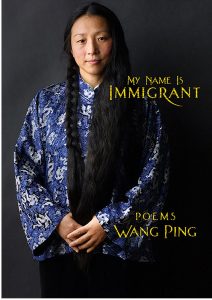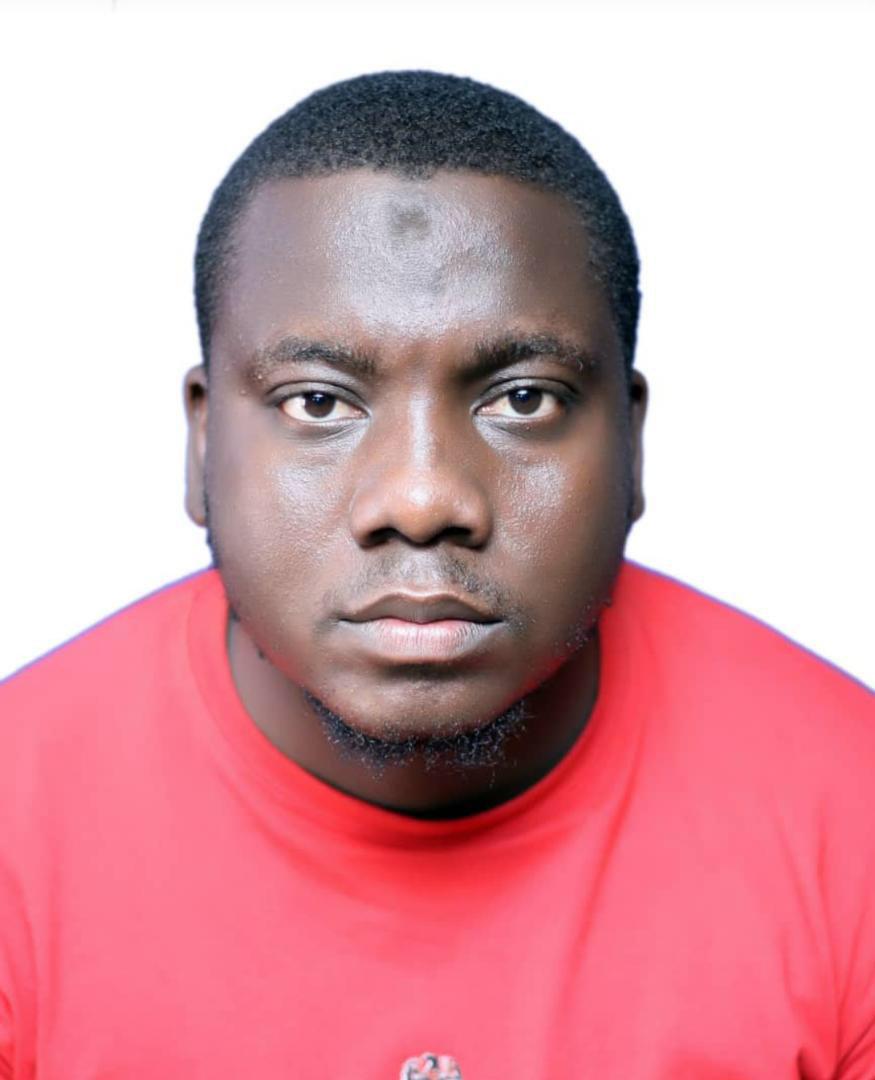Book Title: My Name Is Immigrant
Author: Wang Ping
Publisher: Hanging Loose Press, New York
Pages: 127
Year: 2020
Reviewer: Abubakar Sadiq Mustapha
Wang Ping’s new poetry collection My Name is Immigrant encapsulates the voices of immigrants, the lost, the grief-stricken, the burdens of exile, the quest for a better life and the search for identity. This collection is a memoir of migration, mostly rooted in the poet’s ancestral Chinese, to address the complexities of language, culture, the burden of parenthood and separation; the conflicts wrecking nations: hungry and dying children and the daily degradation of the environment. The poet becomes the named and the nameless immigrants, evoking their spirits, pains and ordeal into simple elegant lines. Most poems in this collection recounted the tales of Chinese immigrants and other immigrants in a different way with much similitude. She returns again and again to the Morecambe Bay where in 2004 twenty one (21) Chinese cockle pickers got drowned and died; calling them by name, bringing their ghosts to life, memorialized them to their families and the world.
The collection contains fifty-nine (59) poems and in the opening piece, ‘The Things We Carry To The Sea,” the poet introduces the readers to the pain of leaving home and the assertive desire to succeed across the shore even when some of the things carried with them are not sufficient like skills, degrees, etc. and in spite of all the challenges of border crossing; ‘we carry tears in our eyes: good-bye father, good-bye mother’. The poet went ahead to tell that home is not only in physical structure, that home can be built in the heart by not forgetting one’s root, civilization and culture, how home can be a dream achieved, she reminded the readers of human’s daily fight against one another for power, wealth and greed and how all humans come from the same source.
we carry old homes along the spine, new dreams in our chests
we carry yesterday, today and tomorrow
we are orphans of the wars forced upon us
we are refugees of the sea drowning in plastic wastes
we came from the same mother in Africa
we are your children, sisters and brothers, father and mother
The poem “Cockle Pickers: Coa chaokun,” is a tribute to bring the ghost of one of the drowned cockle pickers to life and to memorialise him to his family and the world and in this fashion for all the drowned cockle picker immigrants at Morecambe Bay in England.

The poem, “Hakka Man Farms Rare Earth Metal” reflects man’s greed to own the world and the minerals beneath it at the expense of life. The poet made the readers understand that certain minerals considered as earth’s rare substance are not and that because these minerals seats on farmlands and the spill over effects of digging out these substances have made people hungry, led to death of women and children by lead poison of the ground water; mine collapse and mine disease killing hundreds of immigrants who work in these mines to be able to settle their debts back home, to free their families from snake heads. Yet, those who benefit from these mines pay no attention because the world desire to grow in technology and the minerals play a major role.
Now we dig, deep in the mud, our boots
Rotting in the rainbow sludge…Dig
And we dig, hoes, pickaxes, guns, explosives
Acid wash, ten yuan a sack, this red dirt
Speckled with blue and yellow.
Home, we cry, a small haven painted with green.
Now the mountains are lifted.
Deep crates in the fields, blood and pus
In streams and rivers…all because the world
Wants this earth— “Vitamins” for iPods
Plasma TVs, wind turbines, guided missiles—
Things that make the world
Cleaner and more beautiful, as they say
And here we are, in the waist-deep sludge
A sack of mud—a tale of greed
Leaching in our stove.
The poems “Boy At Sea” and “How to Cross the Line” x-ray the mentality held by citizens of developing nations of how America needs their labour and skills as much as they need its dreams. This poem is a story of a boy whose parents borrowed five thousand dollars to pay a Chinese gang called ‘Snakehead’ who are notorious for smuggling people to other countries, to get him to New York, who at the end got jailed for a year, beaten and raped and attempted hunger strike in order to gain freedom.
The poem “Laojia” (Old Home) is another interesting poem centred on a girl who left home promising to return with a PhD and her father who left home to fight a war, where he lost one of his ears and ear drums, got discharged from the navy to find work at a mine where he got sick with TB and died
An immigrant Carol is a personal poem about the author on how she got to New York and lost six jobs in less than three months because of her being naive. After the loss of her last job, she couldn’t return to her rented apartment, she had no money to pay her landlady, she headed to the museum, when it was time to close and had nowhere to go. She received an invitation from one of the guards to join him and his friends for Christmas dinner. She was surprised that someone who hardly know her could extend such kindness but what she failed to understand then was that in a foreign land every immigrant is a sister and brother to another.
He took my hand. “Please come and have Christmas dinner with
me and my friends on Staten Island. My name is Rob. I’m from
Greece. My roommates are from Iran, Italy and South Africa.”
I stood up and followed him. On the ferry, I asked: “Why so kind?
You don’t even know my name.”
He smiled. “I know you. It’s written all over your face, also on
mine. Tonight, we wear the same nametag for the holiday banquet:
Immigrant.”
This book is a memoir of grief, a place of rest for the 21 cockle pickers and the author’s struggle as an immigrant from China to New York to accomplish a Ph.D.
———————————————
Abubakar Sadiq Mustapha is a story-teller, a poet and an art curator. He believes in the power of photography and how it can be used to heal mental health. He continues to inspire many through his Book club, The Lapai Book club.

